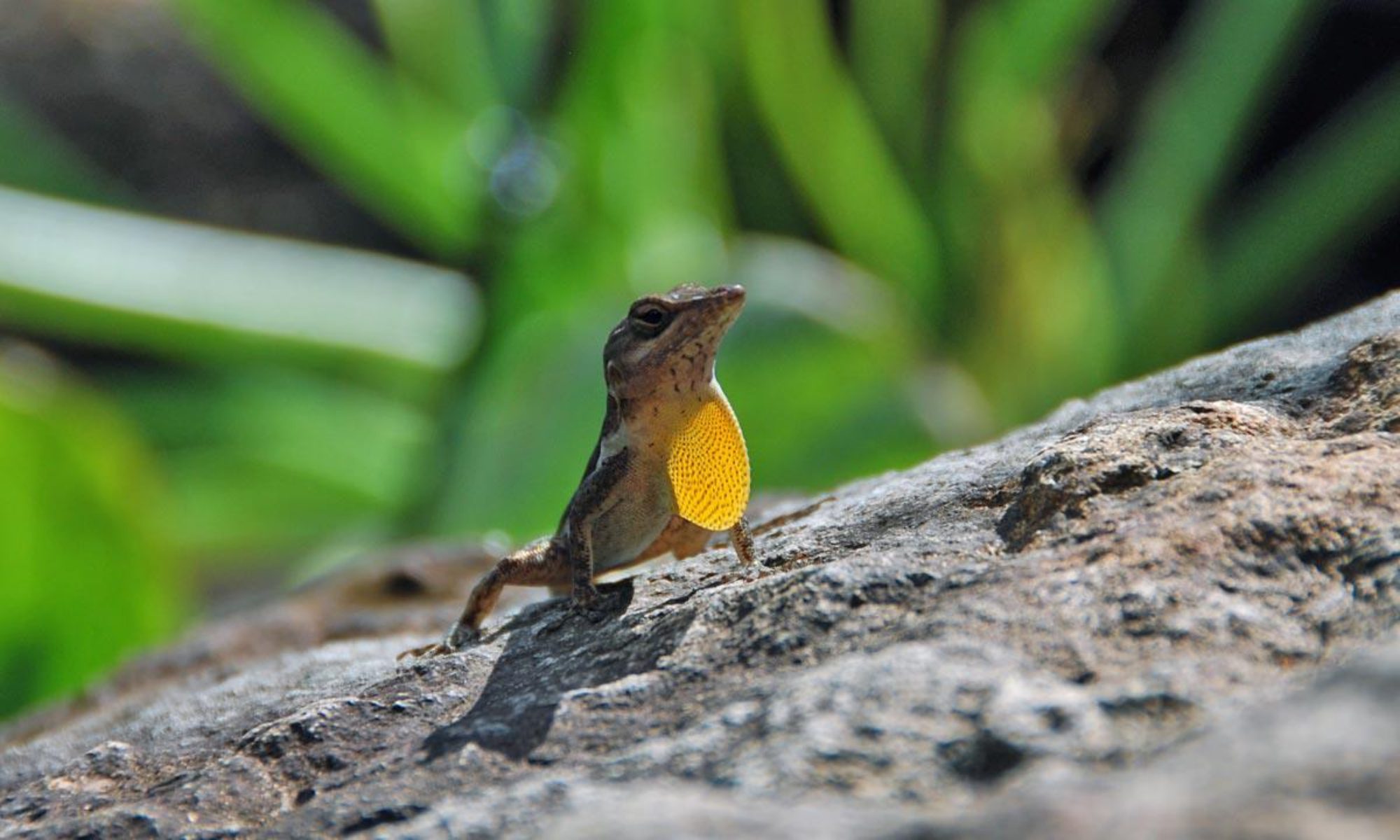The quintessential Caribbean Beach looks very different today compared to 30 years ago. Coconut palm lined sleepy beaches used to grace all the brochures. However, the non-native coconut palm is only part of the story. There are many ‘wild’ beaches without a coconut in sight. Caribbean Seashore plants in SXM are an important defense against erosion. Which have you spotted?
Continue reading “What is Growing on the Beach? A Guide to Caribbean Seashore plants in SXM”Soil Erosion in the Caribbean

The soil on the left can hold its shape, absorb water, and support plant life. The dirt on the right doesn’t absorb any water. The lot is slowly becoming a dust bowl.
The dangers of soil erosion are not just limited to the Caribbean, but small island states like St Maarten / Sint Martin are going to be the first to suffer the consequences.
We live in paradise, surrounded by white sand beaches and protective coral reefs. The reef provides more than just calm beaches, it is responsible for the food on our tables. If we destroy the reef, we destroy our beaches. Then, we destroy our tourism economy. We erode our coastline. We subject ourselves to the wrath of Atlantic storms.
Continue reading “Soil Erosion in the Caribbean”Community Composting for Apartments

One of the most frequent questions we get is “My apartment block has a small shared space and we would like to set up community composting, what do you suggest?”
One of the first steps is to get an idea of how many of your neighbors would like to contribute, as the solution for 4-5 households is quite different to the setup and management required for 20! Many systems are scaleable; you simply add more tumblers!
Continue reading “Community Composting for Apartments”Do you Bokashi?
Our tropical climate makes composting possible year round, but it does lead to one hurdle: how to stop food waste from fermenting before it is added to the compost pile. In cooler climates, compost collection services are common. However, in hot climates food waste should not sit at room temperature for more than a day. Bokashi composting in the tropics is perhaps the most effective solution.

Why Compost?
Compost enhances soil and protects watersheds.
Compost can filter out storm-water pollutants by 60-95%.
Compost holds 5x its weight in water,
reducing storm-water runoff.
Compost protects the climate by sequestering carbon.
Greener To-Go Containers
In a world where green washing abounds, it can be difficult to choose a greener to-go container for your business. Unfortunately, almost every choice contains positives and negatives.
Continue reading “Greener To-Go Containers”Planting a Caribbean Wildflower and Pollinator Garden
The benefits of wildflower and pollinator gardens are so huge that farmers have started using strips of wildflowers between conventionally grown crops. The wildflowers don’t just help with pollination, they also attract predatory insects and wildlife that help keep crop-damaging insects under control. Creating a Caribbean wildflower and pollinator garden can be a great way to brighten up your space!

Composting PLA Plastic at Home
Most PLA plastic is marketed as compostable. However, when you read the fine print, most compostable PLA (polylactic acid) requires industrial facilities to break down. We have successfully been composting small amounts of PLA in our Pilot Compost Project using aerated static piles, but we also want to know what a typical home tumbler can handle.
Not all PLA is compostable, or even biodegradable. However, PLA meeting EN 13432 should compost in ideal conditions (ie commercial composting) without leaving behind and residues which can be toxic to the soil. PLA with the TUV OK HOME Compost (Formerly vincotte) should compost in the conditions found in the typical home pile.
Continue reading “Composting PLA Plastic at Home”Flow by Plume Labs
We have been closely following the dump fires and the resulting air pollution with Wynd, a PM2.5 particle sensor. However, we wanted more information about the air we breathe, and Flow by Plume Labs appears to be the perfect personal AQI monitor.
Continue reading “Flow by Plume Labs”Vermicompost – The Magic of Worms
Vermicompost, or vermiculture, is the process of using earthworms to break down organic waste. Simply put, the worms eat your kitchen wastes, digest it, and the end result is worm castings. (Aka poop, or black gold to the gardeners!)

5 Tips for a Greener Office
Many of us spend just over a third of our adult life at work; about 90,000 hours by the time we reach retirement. With all that time spent indoors, it makes sense for our offices to be as environmentally friendly as possible. Here are 5 tips for a greener office!


